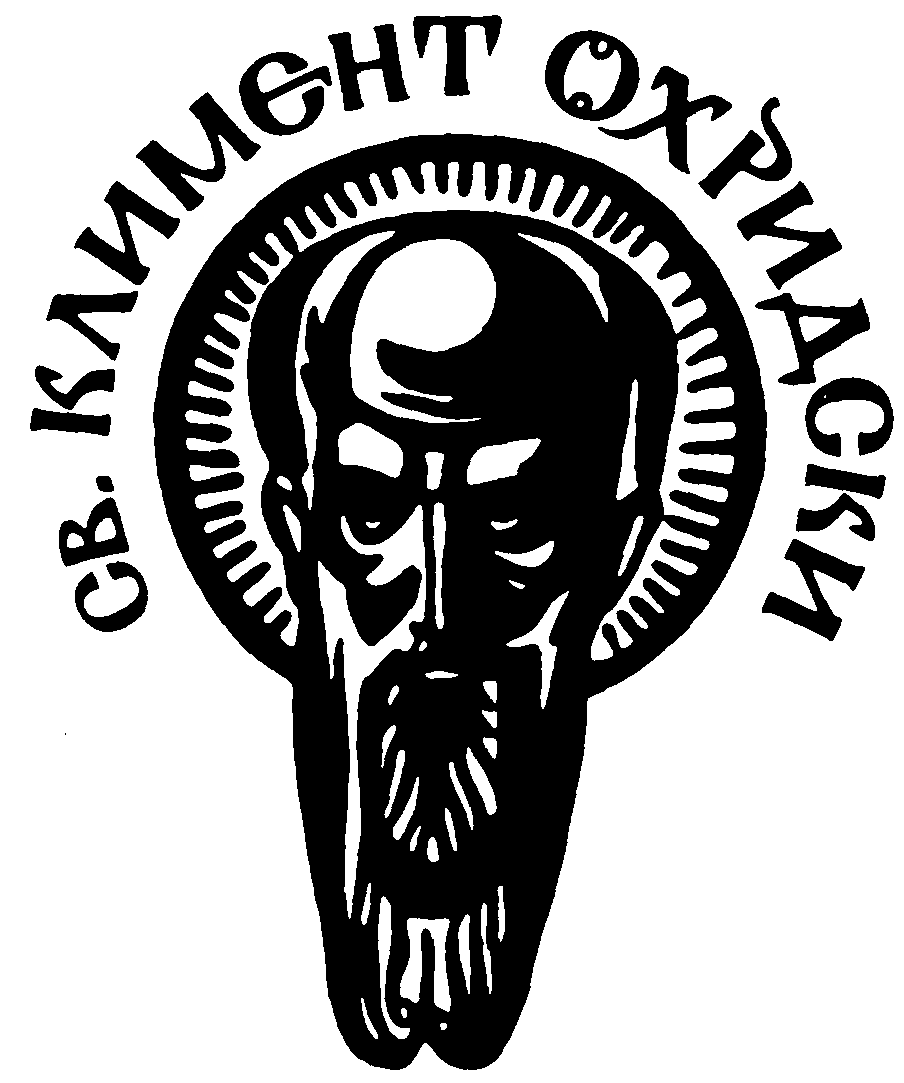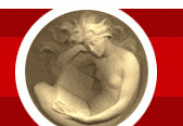Banta, K. W. Bulgaria Too Much, Too Soon Slowing the pace of reform. - Time, Monday, Feb. 15, 1988, електронен архив
 Bulgaria Too Much, Too Soon
Bulgaria Too Much, Too Soon
Slowing the pace of reform
As the Soviet Union's most loyal ally in Eastern Europe, stolid Bulgaria has always followed in Moscow's footsteps. The economic reform drive launched by Soviet Leader Mikhail Gorbachev seemed no exception to that rule. In a startling turn away from its hard-line policies of the past, the regime headed by Communist Party Leader Todor Zhivkov, 76, swiftly followed Gorbachev's lead. From promised press freedoms to plans for a new commercial banking ! system, Zhivkov's program seemed intended, as a Western diplomat in Sofia put it, "to out-Gorbachev Gorbachev."
No more. Since the New Year, virtually all of Bulgaria's new initiatives appear to have been put on hold amid indications that the hastily implemented reforms were creating economic havoc. Some factories closed after managers panicked when called on to make decisions and failed to issue essential orders. New banks did little business, in part because few Bulgarians understood commercial finance. The media remained mostly muzzled. At last month's party conference, Zhivkov delivered an underlying message of caution and restraint even as he insisted that "revolutionary changes" would continue in Bulgaria. Stressing that Bulgaria's development henceforth would be "stage by stage," Zhivkov indicated that some major reforms would be delayed until 1991.
The abrupt slowdown seemed to reflect Soviet misgivings about Sofia's hurried embrace of change. Last October, Zhivkov was summoned to Moscow for a meeting with Gorbachev. Afterward, Gorbachev released a communique stating, "It is impossible to do everything in one go," and advising that "the party is the only guarantee of the restructuring." Western analysts read the message as a rebuke to Zhivkov for a reform drive that was long on rhetoric and short on action, and concluded that Gorbachev was issuing a warning to the East bloc as a whole: Do not allow reform to affect the dominant role of the Communist Party.
Amid the ebb and flow of promises, daily life remains drab for ordinary Bulgarian citizens. Western experts estimate that the standard of living has stagnated or dropped slowly over the past two years; the monthly wage now stands at about $250, compared with $350 for Czechoslovakia. The economy provides adequate supplies of staples but little else. Young people feel especially frustrated at the lack of real reform. Says a 20-year-old Sofia steelworker: "We're all hoping for big changes and new leadership. But we don't expect them soon."
Organized dissent is nonexistent in such a tightly controlled society; in any case, deep-seated nationalism has cemented widespread, largely unquestioning loyalty to the system. The folksy Zhivkov, after nearly 34 years in power, remains remarkably popular, especially with rural Bulgarians, and is believed to be in good health. He has shown no inclination to move off the political stage but has hinted that he may retire within the next two years. No one knows whether that too is a reform that might be pushed back.



















